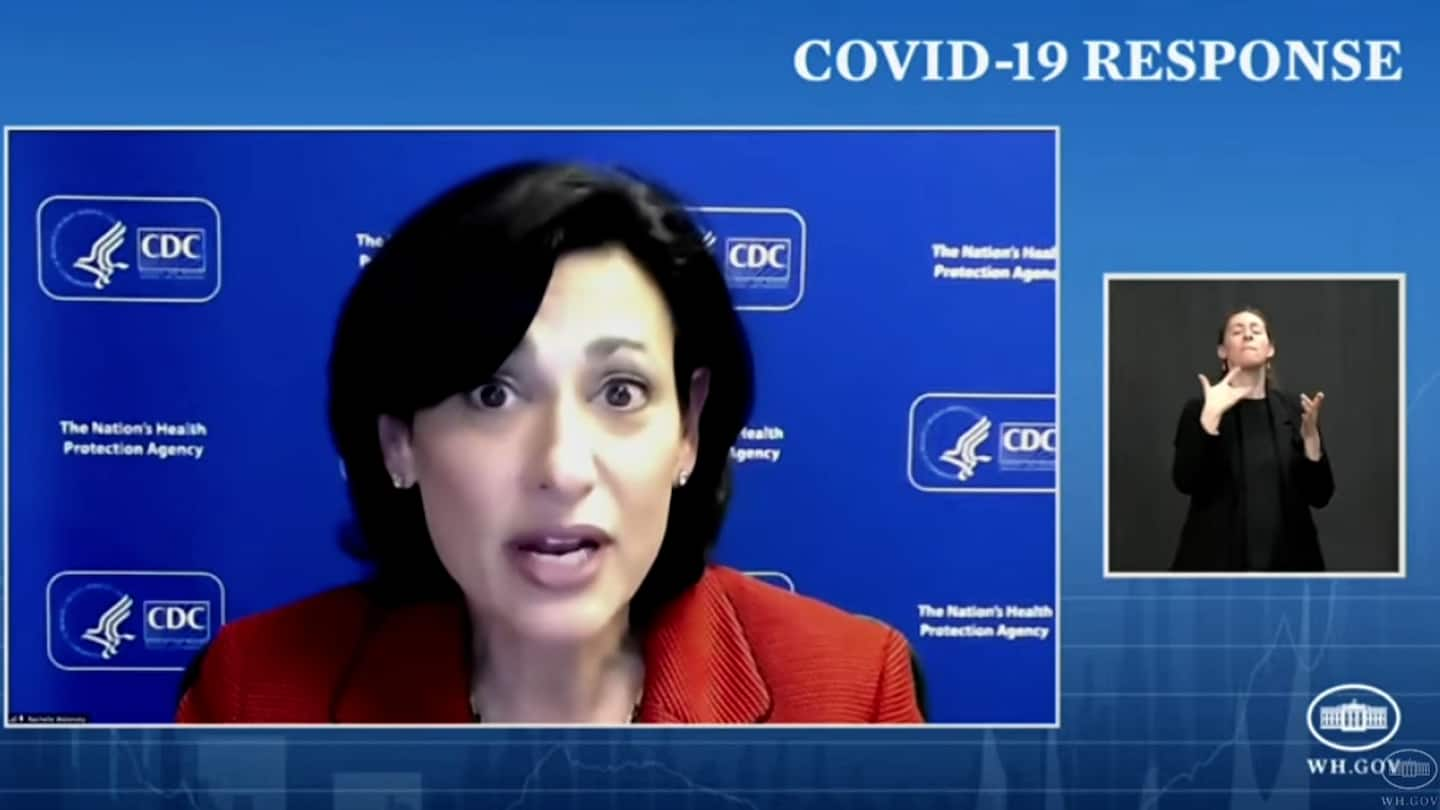Covid-19 live updates: CDC vaccine advisers want more data before ruling on Johnson & Johnson vaccine’s future

DUBAI — For much of the Muslim world, the holy month of Ramadan — the second during the pandemic — has been marked by a gradual easing of strictures, allowing worshipers back into mosques and larger groups to gather for the sunset fast-breaking meal.
Oman, however, announced Wednesday a strict curfew banning nearly all movement and commercial activities from 9 p.m. until 4 a.m. Exceptions will be made for workers in the oil, health-care, utilities and food sectors. Pharmacies will also be allowed to operate at night.
The ruling comes as the country battles an outbreak. Oman is recording well over 1,000 cases a day, up from just over 100 new daily infections around the new year.
Health officials said Tuesday that the occupancy rate at field hospitals was at 95 percent and the “high dependency units” for respiratory failure were at 100 percent. At the Royal Hospital, 64 percent of patients in intensive care were under the age of 60.
All social, sporting and cultural activities have also been banned for the holy month. Ramadan, which features a daytime fast, nighttime prayers and normally large family dinners, is also traditionally a time for cultural events.
Elsewhere in the region, however, restrictions have been loosened, with the evening Koran recitation known as taraweeh prayers allowed, as well as socially distanced visits to mosques.
In Dubai, newspapers are running articles describing “71 Iftars in Dubai you have to try,” referring to the sunset meal ending the fast, listed by expense. The United Arab Emirates, where Dubai is located, has led the region in vaccinations.






